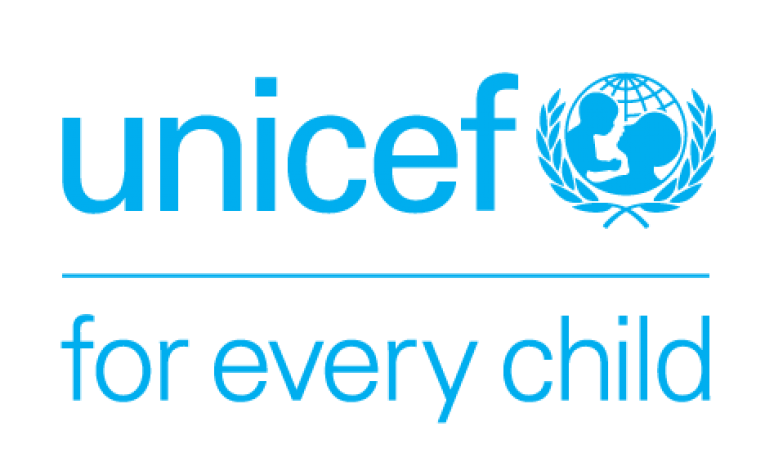#RedDotChallenge mobilizes millions to break the silence on menstrual hygiene
New Delhi: Periods are a normal biological process that do not stop for pandemics, cyclones or lockdowns. Rather lack of access to hygienic products for managing periods can become more challenging during the lockdown.
Every month, millions of girls face a cycle of pain and shame when their periods arrive. They are often isolated, stigmatized, and are unable to manage their periods with dignity. The culture of silence surrounding menstruation within families prevents girls from getting information on how to manage their periods. Poor menstrual hygiene leaves them vulnerable to risks of contracting urinary tract infections, and anemia because of ill-advised dietary restrictions. The COVID 19 pandemic has further compounded these issues.
UNICEF India brought back the #RedDotChallenge this year, ahead of the Menstrual Hygiene Day on 28 May – to recognize the importance of menstrual health and hygiene issues and bring to attention the difficulties faced by adolescent girls, further exacerbated amidst the crisis.
UNICEF India Representative, Dr Yasmin Ali Haque said, “The culture of silence around menstruation has become even more evident in the COVID pandemic. Millions of women and girls from economically disadvantaged sections of the society are finding it difficult to manage their periods safely, hygienically and with dignity. Many are without work, stranded away from home with little access to menstrual hygiene products. Breaking the silence, raising awareness and changing negative social norms is more important now than ever before. UNICEF, with its partners is helping break this silence.”
The Instagram campaign is in collaboration with digital influencer, Diipa Khosla’s Post for Change initiative using social media for social change. The week long #RedDotChallenge campaign culminating on 28 May reached 3.2 million through UNICEF social media. With many more celebrities and influencers taking the challenge, it is expected to have a potential reach of over 190 million. UNICEF National Youth Ambassador, Hima Das, celebrities Manushi Chillar and Dia Mirza, as well as Aditi Rao Hydari, Diana Penty, Neeru Bajwa and young adults demonstrated their support. Digital influencers such as Sejal Kumar, Meghna Kaur, Aashna Shroff and many others also supported the issue.
Emphasizing the importance of breaking the silence, UNICEF National Youth Ambassador, Hima Das posted ‘A culture of silence and stigma still accompanies the normal biological process of periods. Join me in taking the #RedDotChallenge with @UNICEFIndia to break the silence and dispel myths because #MenstruationMatters.’
UNICEF Response
UNICEF is collaborating with partners and state governments to focus attention on the importance of menstrual health and hygiene as part of the pandemic response. In Maharashtra, UNICEF supported the distribution of 200,000 sanitary pads in urban slums of Mumbai to adolescent girls and sex workers and reached 2.5 million people in urban slums with messages and support around safe sanitation practices and hygiene.
Under Rajasthan’s menstrual hygiene scheme, one million swachhagrahis, teachers and SHG members are being trained by the government on MHM messaging. Just as notably, the Jharkhand government has issued an advisory announcing a free sanitary pad distribution initiative for the next three months, effective immediately, for school-going adolescent girls between 10-19 years across the state
According to the National Family Health Survey 2015-16, only 48 per cent of rural women were using hygienic menstrual products, compared to 78 per cent in urban areas. Even with higher coverage in urban areas, it doesn’t tell the full story about deep gaps in access in slums and especially now with migrant populations on the move due to the pandemic.

